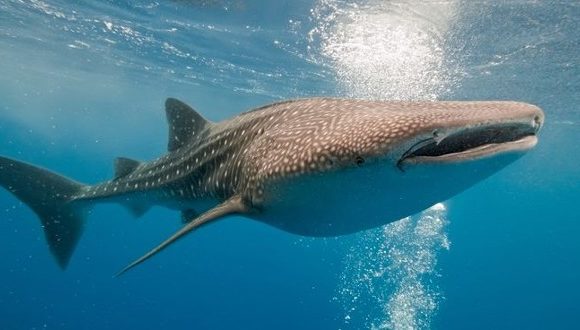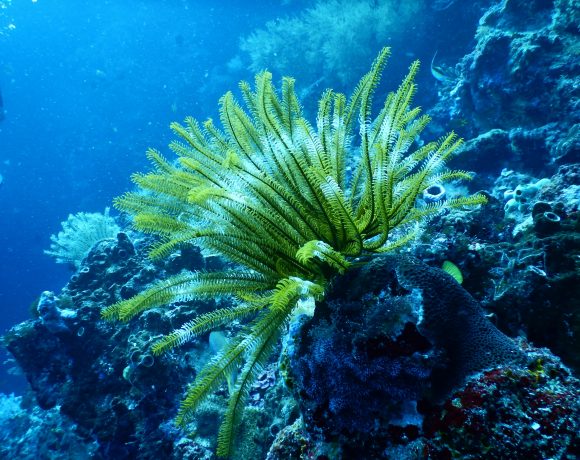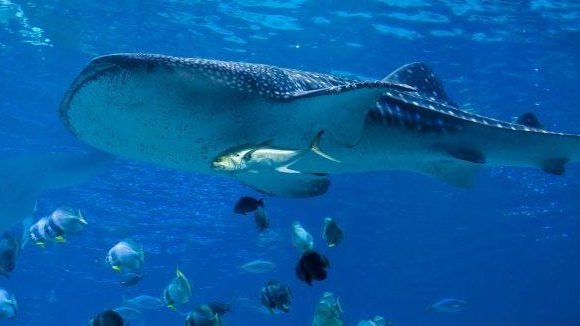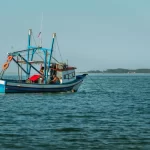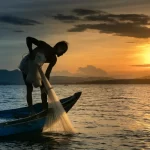Overfishing: Why It’s Time To Tackle It Now Before It’s Too Late
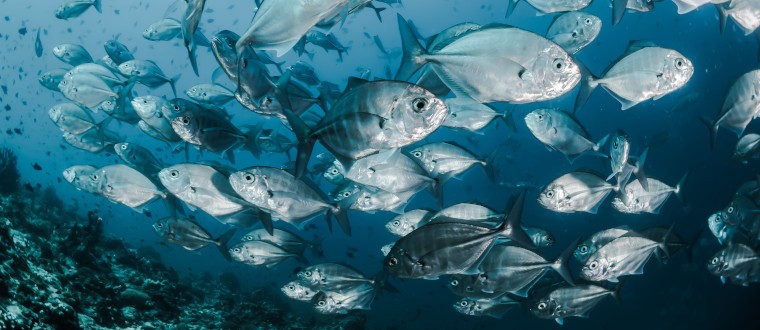
In 2019, the global fish production volume reached a staggering 177.8 million metric tons. That is a huge leap from just 148 million metric tons back in 2010. With fish now being one of the most widely consumed foods in the world, it’s no surprise that the global seafood industry is also growing at an unprecedented rate. But progress has a price and in this case, it’s the growing problem of overfishing that’s taking a toll on the world’s oceans and marine life. And with more than 3 billion people depending on seafood as their main source of protein, this issue needs to be tackled now or a crisis looms in the horizon.
What is overfishing?
Fishing has been a way of life for humans and it’s not inherently bad for the ocean, or at least until it’s done in excess. Overfishing has been a growing problem around the world for years now and it happens when too much fish is caught at once that it’s hard for the breeding population to replenish its stocks. This results in depletion of the fish populations that could eventually lead to their collapse.
According to the Food and Agriculture Organization of the United Nations, “the number of overfished stocks globally has tripled in half a century and today fully one-third of the world’s assessed fisheries are currently pushed beyond their biological limits.”
The World Wildlife Fund also stated: “overfishing is one of the significant drivers of ocean wildlife decline. It has fishery stocks nearly tripling over the last fifty years, and not even endangered species are spared.”
The biggest culprit for this is bycatch or the type of commercial fishing that hauls massive amounts of fish including unwanted marine life. This leads to huge losses in fishes, cetaceans and sea turtles that are just left to die or thrown away because they can’t be sold to the markets.
Studies reveal that at least 40% of all fish caught by fishing boats are unintentional. In Norway, Japan and Iceland, commercial whaling is legal and they kill more than 100,000 small whales annually. Between 63 and 273 million sharks are also killed every year due to overfishing.
What are the causes of overfishing?
There are three primary reasons for overfishing: illegal fishing, overcapacity and subsidies:
- Illegal fishing
This has been a longstanding issue and it’s getting worse due to the growing fish consumption around the world. Illegal, unreported and unregulated fishing is now valued at $36.4 billion each year and it has the worst impact on the oceans since these traders don’t follow proper fishing practices. - Overcapacity
There are at least 4 million fishing vessels that take to the oceans regularly to catch fish and most of these are already capable of catching massive amounts of fish.The lack of proper regulations, management and control of the world’s fisheries from governments is making this problem worse, especially since some countries don’t have enough funds to supervise their jurisdictions. - Subsidies
One of the drivers to overfishing is the subsidy provided by some governments and private firms in order to meet demands and offset the cost of doing business. This triggers the overcapacity of fishing vessels that are now catching more fish than the market actually needs.But this issue is already being tackled with one of the United Nations 2030 Agenda for Sustainable Development calling for an end to harmful subsidies that trigger overfishing.
Why is overfishing bad for the oceans?
Some experts say that overfishing is a worse threat than climate change. With marine life already struggling to adapt to the many changes caused by global warming, overfishing adds to the problem even more by destroying not only the fish population but also the entire marine ecosystem itself.
It is said that 90% of all fish stocks around the world are either over exploited or fully fished causing a collapse in some fish populations that play a critical role in maintaining the ocean’s ecosystem.
Big fishes that are capable of reproducing and increasing their population are already disappearing due to overfishing. Fishermen are also taking smaller fishes that should only be food to other marine creatures, thus creating a domino effect on the world’s marine ecosystem.
What needs to be done now?
Although the problem with overfishing may seem out of hand, we can still do something to stop it before it destroys our oceans and marine life further. It all starts with better fishing management systems or what’s known as fishing rights. This solution helps to reverse most of the causes of overfishing, especially subsidies that promote excessive fishing in the world’s oceans.
With fishing rights in place, fishermen and fish traders are tied to an agreement that keeps the long-term health of their fishing waters in mind. They can still get their income and even improve them without depleting the fishing population.
The strategy is already tested in countries like Namibia, Belize, Denmark and the United States where fishing rights have allowed struggling fisheries to get back on their feet.
In the United Kingdom, fishing controls will be one of the most important points in the Brexit trade talks because once the country is outside the EU, it will be considered an independent coastal state, which means that it will take control of an exclusive economic zone (EEZ) that stretches up to 200 nautical miles into the North Atlantic.
A system called as zonal attachment will also be implemented and it determines the shares for each species of fish in each EEZ.
When the United Kingdom exits from the EU and take control of its fishing waters just like Norway, it will have a significant impact on EU fishermen who have fished in UK waters for so long.
That is why the EU is trying to negotiate an agreement to grant significant access to these fishermen as long as the number of boats is limited and it will not be re-negotiated unless both the UK and EU agree.
References:
Earth.Org: 15 Facts About Overfishing
Pet Pedia: 32 Overfishing Statistics to Discourage You From Sushi
EDF: Overfishing: The most serious threat to our oceans
BBC: Fishing: Why is fishing important in Brexit trade talks?
Reuters Events: Over-fishing a worse threat to oceans than climate change
World Wildlife Fund: Overfishing
Read more about the threats to our oceans
Photo by Sebastian Pena Lambarri on Unsplash

